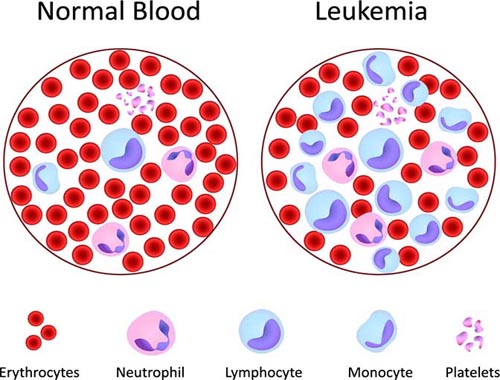
For majority of blood tests the reference range that an individual receives is based on his/her sex and age.
Understanding of Reference Ranges Lab test results are sent to your health care provider along with Reference Ranges of the results of your blood tests that help in accurately interpreting and evaluating the results of the examination. If you are interested about your lab test results, discuss with your physician. Blood Test Results Tool Software is a good tool to interpret your laboratory test results. Your doctor has to explain your health status and what the test is performed for. Whereas these can be more general tests, there could be many of other reasons physicians can order to perform blood tests, such as the Hemoglobin (Hgb) test to diagnose anemia. The most frequently ordered blood tests include CBC (complete blood count), BUN (blood urea nitrogen) that helps identify kidney diseases and BMP (basic metabolic panel) as well as the MPV lab test (mean platelet volume). But, without additional context a single test result can be meaningless. Reasons for blood tests Physicians may order blood examination for many of reasons.
The Complete Metabolic measures blood glucose, while the Lipid panel measures total cholesterol and breakdowns of HDL (high-density lipoprotein, or good cholesterol) versus LDL (low-density lipoprotein, or bad cholesterol). Vitamin D deficiency can affect immune function, bone density, heart health—even mood. Known as Complete Metabolic and Lipid Panel, this test reveals important information about the health of your vascular system, liver, kidneys, and blood cells. The 25-hydroxy vitamin D test accurately measures the level of this important vitamin because 25-hydroxy vitamin D changes to an active form of vitamin D in the kidney.The panel also looks at important minerals in the blood, such as iron, calcium and potassium.
Vitamin D-25 Hydroxy
Vitamin D's importance to overall health has been a big newsmaker in recent years. In other words, it can help detect or predict heart disease, diabetes, and other common chronic conditions. It's valuable and low cost. Complete Metabolic and Lipid Panel
This is the test you might receive at an annual physical. Low vitamin D levels are common, especially among the elderly. That's a big health concern, given that vitamin D is important to all the body's cells and tissue.


DDxHub is a concentrator that holds a lot of disease descriptions. It relies on the System knowledgebase to diagnose a health condition.
Differential diagnosis Hub is the System distinguishing of a particular disease or health condition from others.